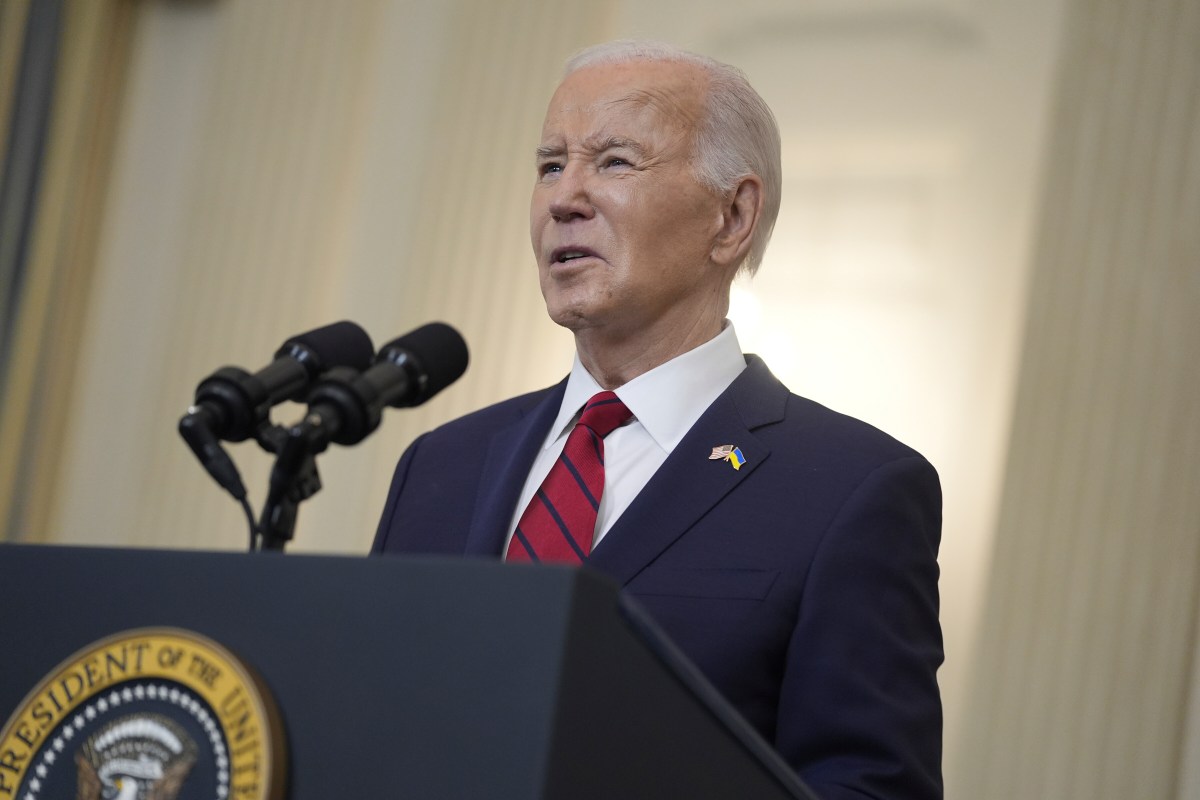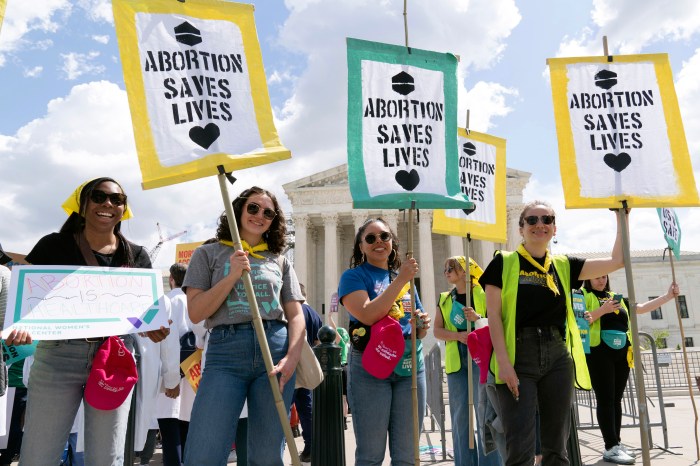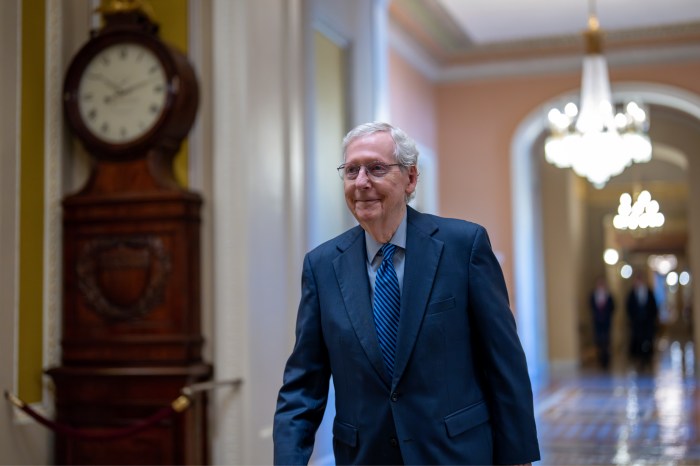WASHINGTON (AP) — President Joe Biden has granted clemency to 16 people who were convicted of non-violent drug crimes, issuing pardons to 11 men and women and commuting the sentences of five other people in the latest use of his clemency power to address racial disparities in the justice system.
Biden said in a statement Wednesday that April is Second Chance Month and that many of the individuals getting clemency had received “disproportionately longer” sentences than they would have under current law.
The Democratic president is campaigning for reelection in November and is grappling with how to boost support from communities of color that heavily supported him over Republican Donald Trump in the 2020 election. The two rivals are headed for a likely rematch in November.
“Like my other clemency actions, these pardons and commutations reflect my overarching commitment to addressing racial disparities and improving public safety,” Biden said.
Biden said those receiving pardons had shown a commitment to bettering their lives and doing good in their communities. He said those who had their sentences commuted, or shortened, had shown they were worthy of forgiveness and the chance to build a future outside of prison.
The president issued his most recent pardons in December 2023 to thousands of people who were convicted of the use and simple possession of marijuana on federal lands and in the District of Columbia.
An Associated Press analysis of Justice Department data shows that Biden has granted 129 commutations, more than any predecessor in their first term, dating to Richard Nixon. Nixon issued the most pardons at 691.
A pardon is an expression of forgiveness by the president, commonly granted to recognize that a person convicted of a crime has accepted responsibility for their actions. A pardon doesn’t mean the person is considered innocent, but does restore some rights, such as voting, that are lost upon conviction. A commutation only reduces a sentence but does not affect a conviction.



















